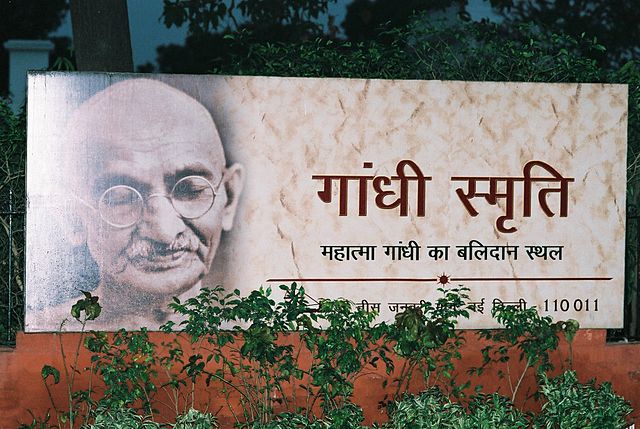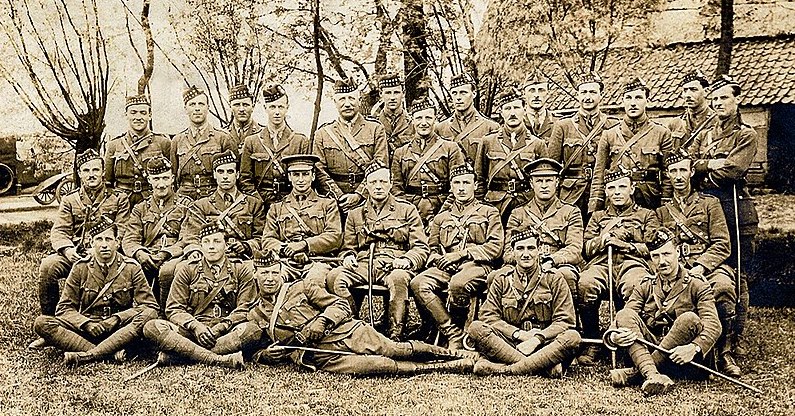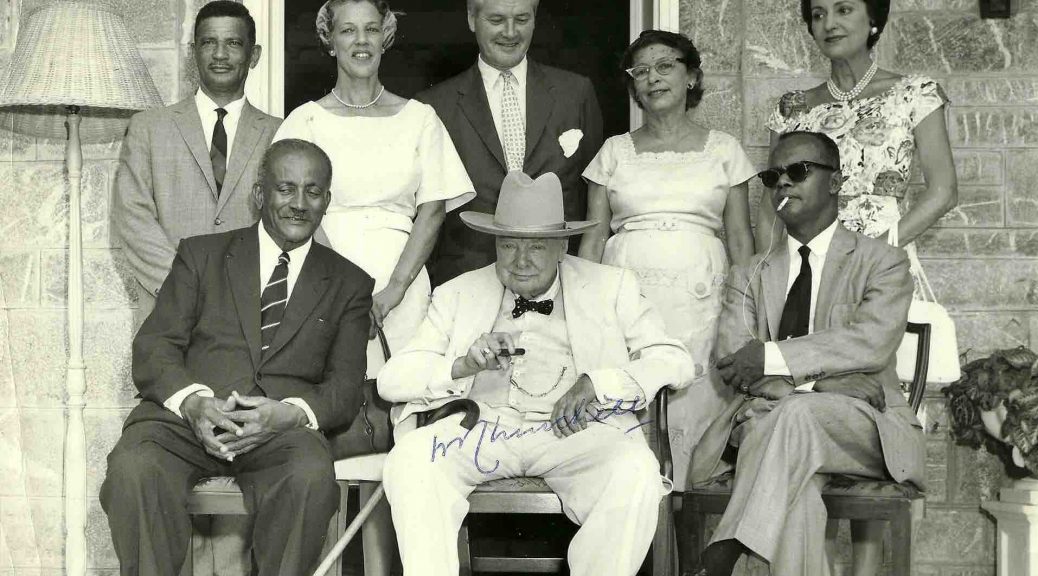



I didn’t expect to find myself agreeing with Labour’s Shadow Education Secretary Tristram Hunt. But take a look at his Great War article “Bashing History,” and see what you think.
We’re going to be reading a lot of silly nonsense about the Great War in the next year or two, and Hunt’s preemptive strike is a salutary warning.
His piece recalls a poetic answer to Eric Bogle’s famous poem “Willie McBride,” written by Stephen Suffet in 1997:
Ask the people of Belgium or Alsace-Lorraine,
If my life was wasted, if I died in vain.…

Churchillian Drift is just the ticket. I have been looking for a term to describe the numerous potted, inaccurate Churchill quotes. “A lie gets halfway around the world before the truth puts its trousers on.” That is big right now on Twitter. “Success is not final, failure is not fatal: it is the courage to continue that counts.” Everybody uses that one repeatedly.
“If you’e going through hell, keep going.” No one knows who said that, but it wasn’t Churchill. Then there is: “If I were your husband, I’d drink it.”…
Part 3: Pleasing No One …continued from Part 2
Churchill was correct when he said his writings about Hitler satisfied neither Hitler’s defenders nor Hitler’s critics. One of the former was Lord Londonderry, a pro-Hitler peer who complained that Churchill’s Evening Standard piece would prevent a decent understanding with Germany. On 23 October 1937, Churchill replied to Lord Londonderry (Gilbert, Churchill: A Life, 581):
You cannot expect English people to be attracted by the brutal intolerances of Nazidom, though these may fade with time. On the other hand, we all wish to live on friendly terms with Germany.…
Part 2: “Friendship with Germany” ,,,continued from Part 1
Churchill’s critics sometimes quote sentences which they think came from his original Hitler article or Great Contemporaries, among which this is the most common:
One may dislike Hitler’s system and yet admire his patriotic achievement. If our country were defeated, I hope we should find a champion as indomitable to restore our courage and lead us back to our place among the nations.
In fact this passage is from Churchill’s article in the Evening Standard, 17 September 1937: “Friendship with Germany” (Cohen C548), subsequently reprinted in Churchill’s book of foreign affairs essays, Step by Step (London: Thornton Butterworth, 1939, Cohen A111).…
Part 1: “Government by Dictators”
The Hitler chapter in Churchill’s book Great Contemporaries, like the rest of the volume, was derived from a previous article. In this case the original was “The Truth about Hitler,” in The Strand Magazine of November 1935 (Cohen C481). Ronald Cohen notes in his Bibliography that Strand editor Reeves Shaw, who paid WSC £250 for the article, wanted Churchill to make it “as outspoken as you possibly can…absolutely frank in your judgment of [Hitler’s] methods.” It was.
Two years later, when Churchill was preparing his Hitler essay for Great Contemporaries, he characteristically submitted it to the Foreign Office, which asked that he tone it down.…
Especially nowadays, politicians frequently quote Churchill as saying, “There is no such thing as a good tax.” Fastidioius searches of his published words reveal no such statement; and here at least is proof that he considered at least one tax a good one.
Perhaps the House may remember that only seven or eight years ago I got into some trouble myself about the Kerosene Tax. It was a very good tax. I was quite right about it. My Rt. Hon. Friend [Neville Chamberlain] slipped it through a year or two later without the slightest trouble and it never ruined the homes of the people at all.…
Although he had some very religious friends, like Lord Hugh Cecil, Winston Churchill was not a religious man. Introduced to religious diversity early, he was brought up “High Church,” but had a nanny “who enjoyed a very Low Church form of piety.” When in rebellious mood he would tell Nanny Everest “the worst thing that he could think of…that he would go out and ‘worship idols.’”
After his self-education as a young officer in India, when he read all the popular challenges to orthodox religion, like Charles Darwin’s The Origin of Species and William Winwood Reade’s The Martyrdom of Man, Churchill evolved into what we might term an “optimistic agnostic.” He…
Racist still? In “To See Humans’ Progress, Zoom Out” (The New York Times, 26 February 2012), Professor Steven Pinker asserts that for all their faults, educated people today are getting better:
Ideals that today’s educated people take for granted — equal rights, free speech, and the primacy of human life over tradition, tribal loyalty and intuitions about purity — are radical breaks with the sensibilities of the past. These too are gifts of a widening application of reason.
Fair enough, but to contrast what educated people were like in the bad old days, Prof.…